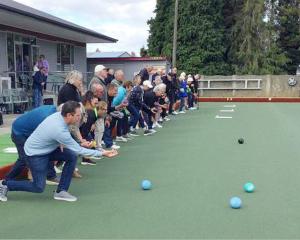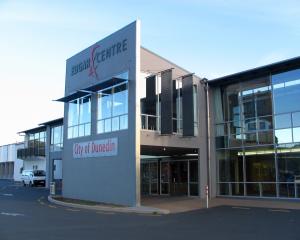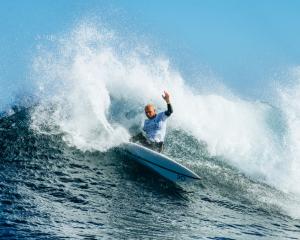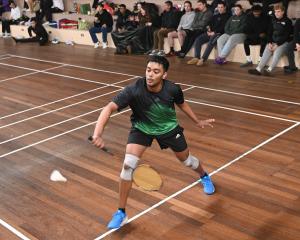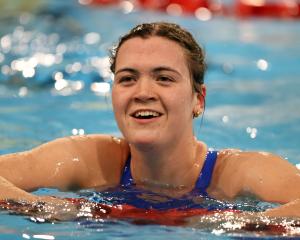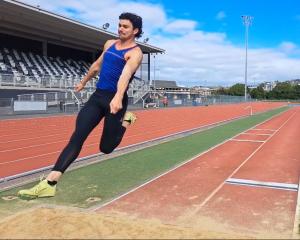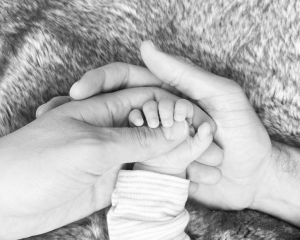Should a team selected along ethnic lines be coached by someone from that ethnic group?In rugby league, the Indigenous All Stars will play the NRL All Stars this weekend, and the Indigenous team is coached by Laurie Daley - a rugby league great whose Aboriginal heritage has come as a surprise to many league followers.
It seems that Daley has always been proud of his Aboriginal heritage but has never had the platform upon which to talk about it.
Maori All Black coach Colin Cooper is also proud of his Maori heritage, and being a coach of this team with a rich history has contributed to his cultural wellbeing.
We tend to understand why indigenous teams would try, whenever possible, to appoint an indigenous coach and it seems to be a win-win for everyone.
It sends a message to indigenous communities that they not only can excel in sport as athletes but also as decision-makers and leaders in other roles.
Is it understandable, then, that the organisers of the national Maori basketball tournament recently denied a girls under-17 basketball team entry because its coach was not Maori?
Is this a simple case of racial discrimination or is there a bigger picture to consider?
Sporting events and teams for specific ethnic minority and indigenous groups are becoming more and more common, but they are not new.
Maori sports organisations and tournaments have been around since colonial sports were first introduced to New Zealand.
Sport events are an effective conduit for promoting cultural pride and wellbeing, and perhaps that wellbeing can be enhanced even more when these marginalised communities see themselves reflected as coaches and team managers, as well as athletes.
We hear the rhetoric of the ''browning'' process of New Zealand sport but this is only in a handful of high-profile sports and as athletes/players rather than as coaches, managers and board members.
It is great to see the likes of Colin Cooper, Waimarama Taumaunu, and Stephen Kearney as high-profile coaches, but there could be more, and are there queues of brown faces waiting to take their place?How can we get more Maori and Pasifika to take on these roles?
The organisers of the basketball tournament tried to change the status quo and promote more Maori into coaching and management positions, which is admirable.
They took a hard-nosed approach with the rule change but perhaps everyone needed more warning.
I can't help but feel that to deny a team that has been together for some time under one coach the opportunity to experience unity (kotahitanga), kinship (whanaungatanga) and support (manaakitanga) associated with sports events like this is to ignore other important elements of Maori culture.
Alternative approaches could have been to insist that at least one member of the coaching/management staff must be Maori, or that some kind of mentoring strategy be in place to promote more brown faces in these leadership roles.
Sports events for indigenous and ethnic-minority communities should continue, and where possible coaches and managers from within that community should be included, but don't be dogmatic about it.
Balance the desire for self-determination and rangatiratanga with other values such as respect and consideration for people, who ultimately are volunteers, doing what they can to help and serve with very little reward in return.


